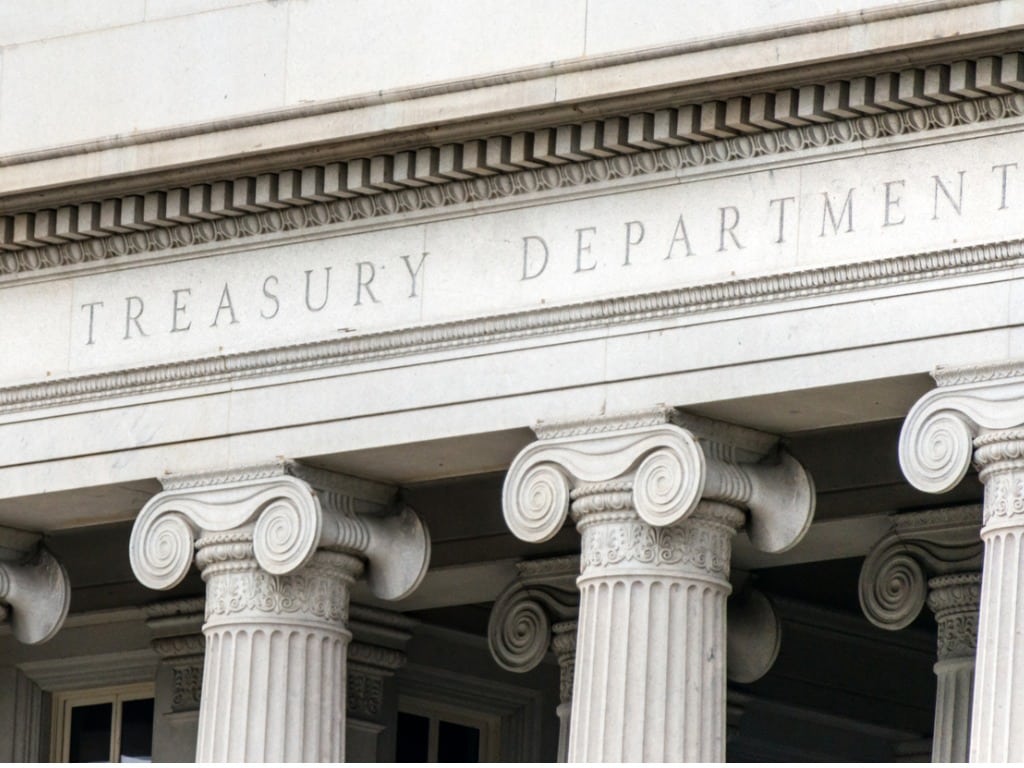Whistleblower advocates heralded the Anti-Money Laundering (AML) Whistleblower Improvement Act, which passed Congress in December 2022, as one of the most important anti-corruption laws ever passed. Now, as the Treasury Department and Financial Crimes Enforcement Network (FinCEN) draft regulations implementing the AML Whistleblower Program, advocates are calling on the agencies to ensure that the regulations are consistent with the United States’ global anti-corruption efforts.
In a new article in the Columbia Law School Blue Sky Blog, whistleblower attorney Stephen M. Kohn of Kohn, Kohn & Colapinto details the importance of developing regulations that harmonize the implementation of the AML Whistleblower Act with the transnational use of the law.
“Given the transnational reach of the AML Act’s whistleblower provisions, the global nature of money laundering, and the central role money laundering plays in enabling corruption to flourish, the AML whistleblower program is primed to play a central role in the United States’ global anti-corruption efforts,” writes Kohn. “Therefore, it is essential that FinCEN craft regulations that will ensure that whistleblowers have an incentive to report in a manner consistent with the needs and customs of international whistleblowers.”
Kohn explains that following the passage of the Dodd-Frank Act, the Securities and Exchange Commission (SEC) and Commodity Futures Trading Commission (CFTC) did not predict the transnational reach of their programs and did not involve global actors in their rulemaking process. He emphasizes that there is no doubt that the AML Whistleblower Program will reach whistleblowers across the globe and that FinCEN needs to keep this in mind when creating the rules.
Kohn also ties in the U.S. Strategy on Countering Corruption, which makes explicit mention of AML whistleblower awards. In particular, Kohn highlights the Strategy’s emphasis on collaboration with a range of anti-corruption actors, including civil society, journalists, NGOs, and foreign law enforcement.
“By incorporating civil society, human rights defenders, and journalists into whistleblower regulations, FinCEN can go a long way toward fulfilling the Strategy’s objectives,” Kohn writes.
“If FinCEN follows the mandates of the Strategy, it can protect and compensate whistleblowers in extreme danger worldwide,” Kohn continues. “Many whistleblowers are unable to live normal lives after exposing wrongdoing. Often subjected to life-threatening retaliation, they have limited employment prospects and often deserve police protection, due to the reprisals they may face from organized crime and corrupt government officials.”
Further Reading:
Treasury Should Keep Global Anti-Corruption Efforts in Mind When Drafting Whistleblower Regs
